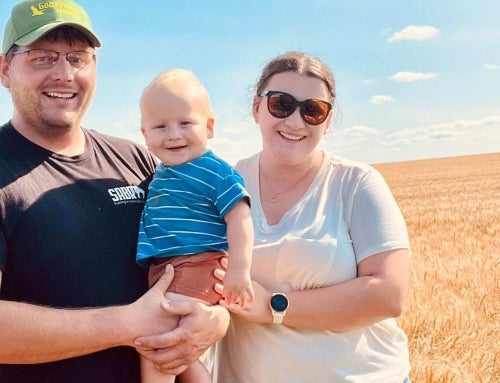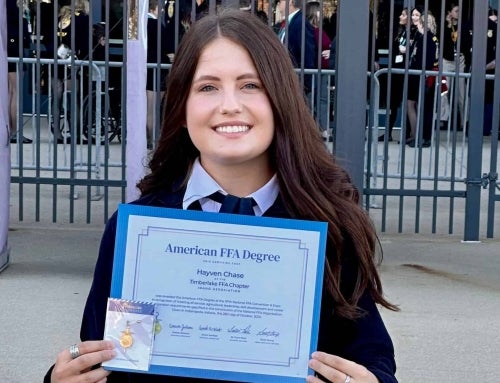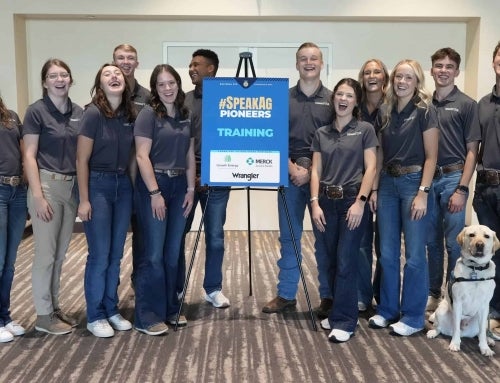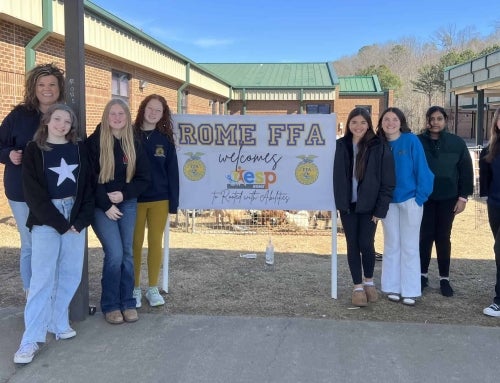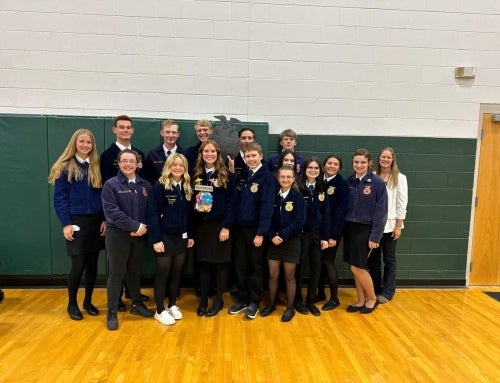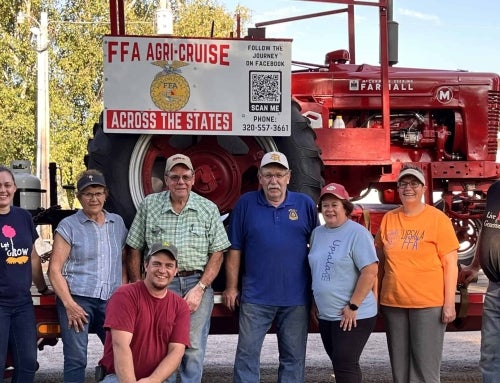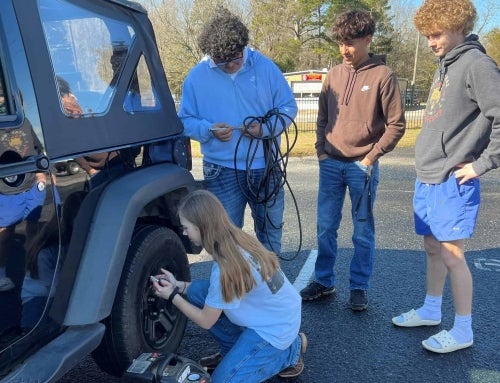
Numerous colleges and universities across the country offer clubs, associations and other activities designed to help you strengthen your ties to agriculture while making new connections along the way. Something to pay close attention to when deciding which school to attend is whether it features a Collegiate FFA Alumni and Supporters chapter.
Participating in a chapter offers major benefits, according to Dr. Amy Marolt-Alred, collegiate advisor for Northeast Mississippi Community College.
“Our collegiate chapter has been very beneficial in bringing together students with a common interest. Many have formed friendships and gone on to be roommates even as they transfer from our community college to senior college. We also try to provide specific support as they make decisions regarding their degree pathways that are intensive in math and science,” Marolt-Alred explains.
Two Northeast Mississippi Community College presidents that the chapter was chartered under were very active former FFA members, she adds, and have been very supportive of its growth.
For chapter participants at Middle Tennessee State University, learning new skills is practically guaranteed.
“Each year, we engage in a service-learning project that requires members to learn or develop a new skill and then share what they’ve learned with middle and high school FFA members through a mini grant,” says Chaney Mosley, assistant professor of ag education at Middle Tennessee and associate director of the Tennessee STEM Education Center. “This reinforces the importance and value of agricultural education and allows members to better understand how knowledge is shared.”
Some chapters also engage in contests that are organized at the state level or through Alpha Tau Alpha, the honorary agricultural education organization.
“Many collegiate chapters have strong industry connections which expose members to internship opportunities or other professional development opportunities that may not be realized without membership,” Mosley adds.
If you are eager to learn more about a school’s FFA Alumni and Supporters chapter, be sure to tell the recruiter or admissions counselor, Marolt-Alred says.
“Often, they will bring potential students by my office on their tours so we can talk about them staying engaged with our chapter should they commit to our school. Ask the advisor what activities the chapter participates in and how much time will be required to be active in the chapter,” she adds.
If you are interested in starting a Collegiate FFA Alumni and Supporters chapter, email alumni@ffa.org.


